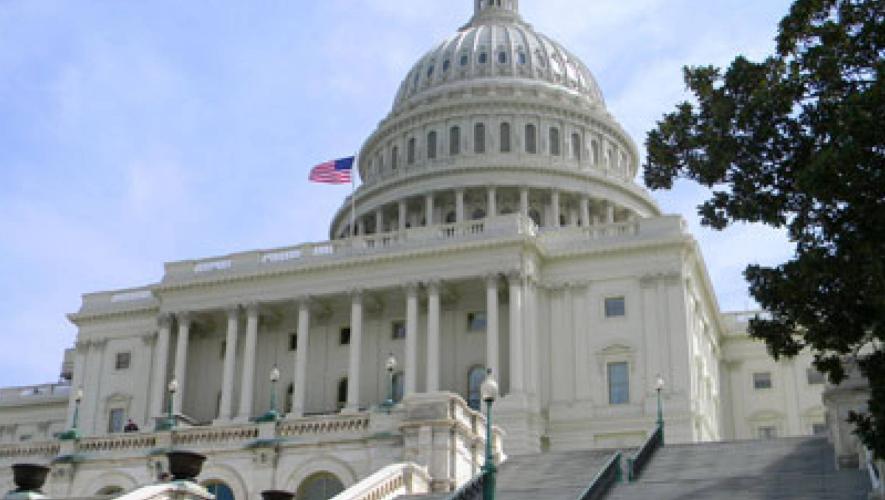Bosnia Herzegovina’s air navigation service provider (Ansp) rejected media reports that Eurocontrol doesn’t trust it to eventually manage its own airspace. The reports surfaced after the former Yugoslavian republic for the first time assumed responsibility for ATC services around its capital of Sarajevo.
Since the war there ended in 1995, Bosnia Herzegovina’s airspace has been controlled by NATO and European Union-led stabilization forces and neighboring Serbia and Croatia. The latter countries collect a percentage of the overflight fees airlines pay to fly over Bosnian territory.
Bosnia Herzegovina has spent €22 million ($26 million) to develop its own air traffic management system. On November 13 at midnight, the Bosnia Herzegovina Air Navigation Services Agency (BHANSA) started providing air traffic services from 10,000 feet to 32,500 feet over parts of the Sarajevo Flight Information Region. Remaining portions of the country’s airspace and airspace above 32,500 feet continue to be managed by Serbia and Montenegro Air Traffic Services (SMATSA) in Belgrade and Croatia Control in Zagreb.
“This historic event represents an important step toward the goal of complete provision of services in the airspace over Bosnia and Herzegovina,” BHANSA announced when operations started. “The business strategy of the Bosnia and Herzegovina Air Navigation Services Agency is clear: to take over responsibility for the provision of services in the entire airspace of Bosnia and Herzegovina.”
An article the website Balkan Insight published on January 5, which was repeated elsewhere, said the governments of Serbia, Montenegro and Bosnia Herzegovina planned to sign a new contract giving SMATSA continued control over most of the Bosnian airspace. The purported negotiations followed several meetings at Eurocontrol’s headquarters in Brussels late last year. Eurocontrol determined that “Sarajevo is still not ready to take over ‘extremely complex work,’” according to the report.
In a statement it posted on its website on January 7, the Bosnia Herzegovina Ansp refuted the claims. “BHANSA still performs all the duties and obligations assumed (on November 13) without any problems, so we feel obliged to deny the allegations from the newspaper articles that have appeared on various portals and reject them as unfounded,” the agency said. “In accordance with the plan of transition of the Bosnia Herzegovina ATM system and in cooperation with our partners, in the coming period BHANSA plans [to take] full responsibility for the provision of services” in the remaining airspace from 32,500 to 66,000 feet that is controlled by SMATSA and Croatia Control.
In response to an inquiry from AIN, Eurocontrol said it is “not aware of any new agreement that would modify the area of control that passed to (the) Bosnia Herzegovina Air Traffic Control Center in November, nor are we aware of changes in the situation in the region that would require such modifications.”






